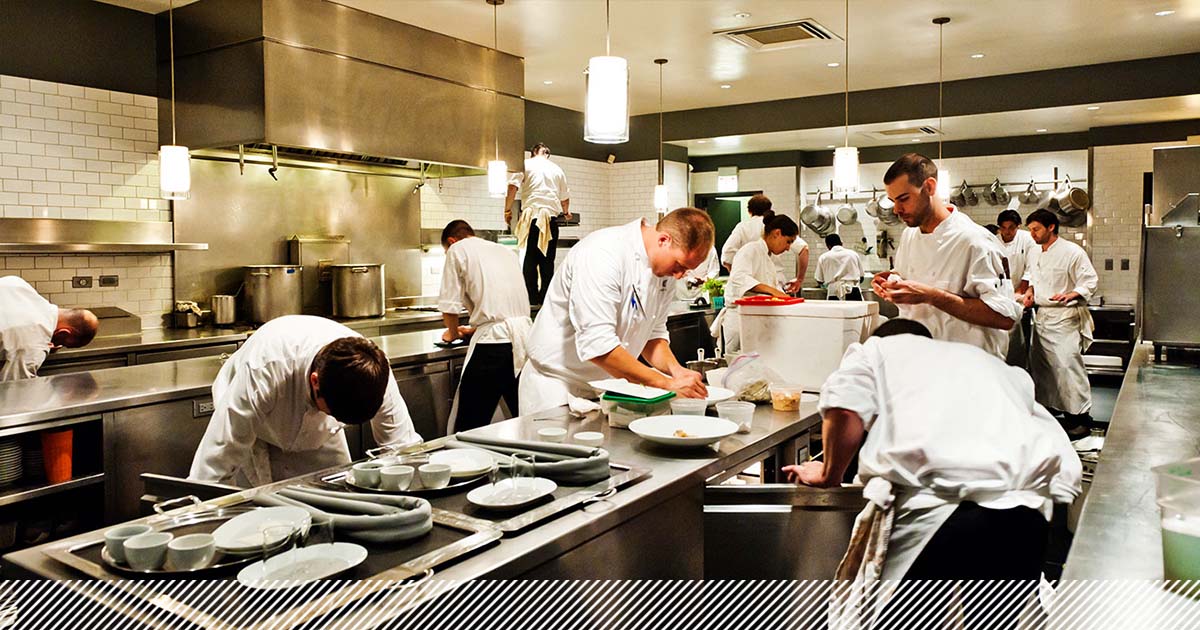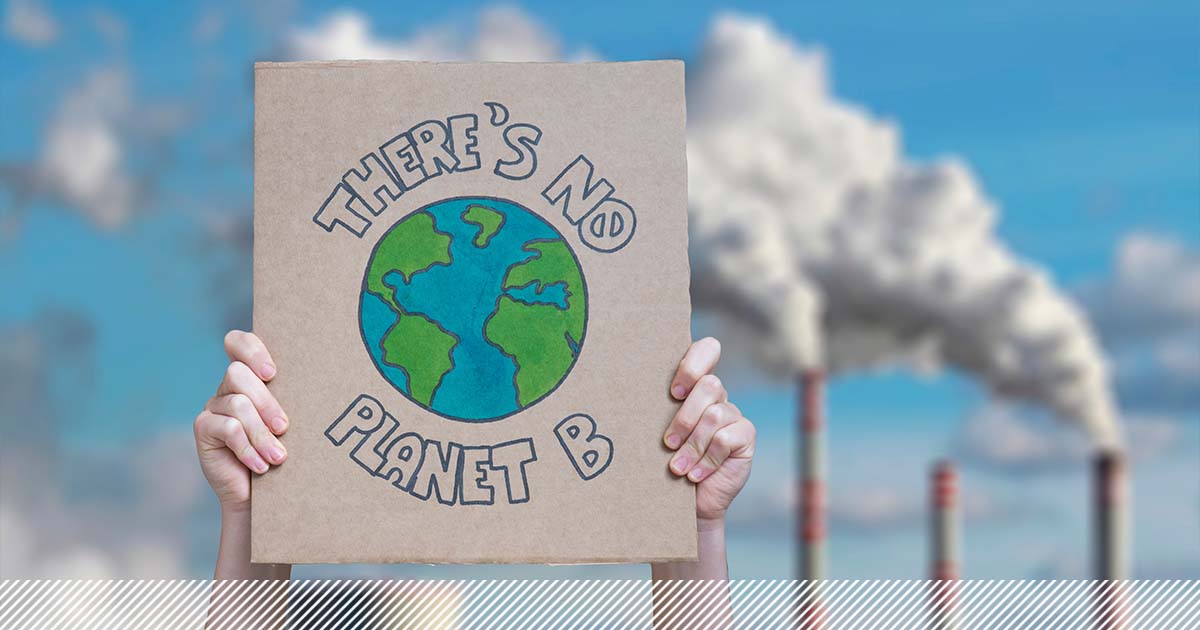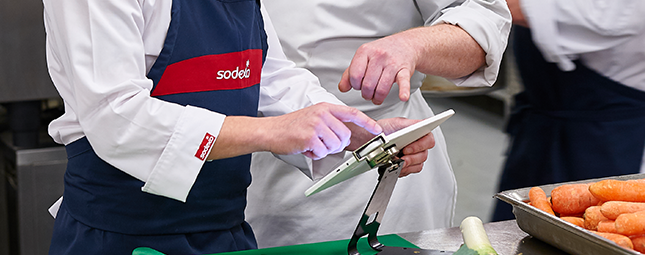Food Waste Intelligence

Questions. Everyone has them. I have been fortunate enough to work with hundreds of organizations and thousands of chefs and most of them have the same thing in common: they have a food waste problem and they want a solution for it. I get asked A LOT of questions. Most of the questions I get asked are about repurposing - like, “Chef, do you have a recipe for orange peels?” or “What do I do with leftover pizza dough?” Most of these types of questions have to do with chefs looking for recipes or ideas to creatively turn trim waste or ov...
Read More >>
Over the past 12 months the environmental issues that have seen the most increase in concern among consumers are climate change, water shortages and food shortages, according to a new survey from market research firm Mintel. All three of those–as well as 8 of the full 10 most pressing environmental concerns among consumers–can be directly addressed with a single initiative that has a nexus impact: preventing food waste. These new findings, combined with other recent research showing increased awareness of food waste among consumers, r...
Read More >>Topics:
Food Waste NewsFood waste prevention–the only way to address food waste that delivers triple-bottom-line benefits–requires new kitchen tools and workflows. For busy kitchens with thin margins, this rightly brings up questions – and can lead to misconceptions. One of the biggest myths about food waste prevention is that it takes too long. In fact, food waste tracking and the prevention it enables not only saves money, it saves time, making kitchen teams more efficient. Let’s dig a little deeper into this myth and get a better idea of the actual ROI o...
Read More >>
Sodexo Middle East has prevented over 400 metric tons of carbon emissions across 31 sites since August 2021. This has been made possible via Sodexo’s food waste reduction program, WasteWatch powered by Leanpath (WWxLP).
Read More >>Topics:
Food Waste News
I’m Ben Murphy and I have recently joined Leanpath as a Customer Success manager and Food Waste Prevention Chef. (That's me on the left with Leanpath Executive Chef Robb White.) Having worked in various types of kitchens over a 14-year period, I have battled face on with the issue of food waste from weekend brunch to corporate catering to fine dining. I completed a Masters in Environmental Science with a focus on food sustainability in order to better understand the interconnected and multifaceted connection between mass food producti...
Read More >>